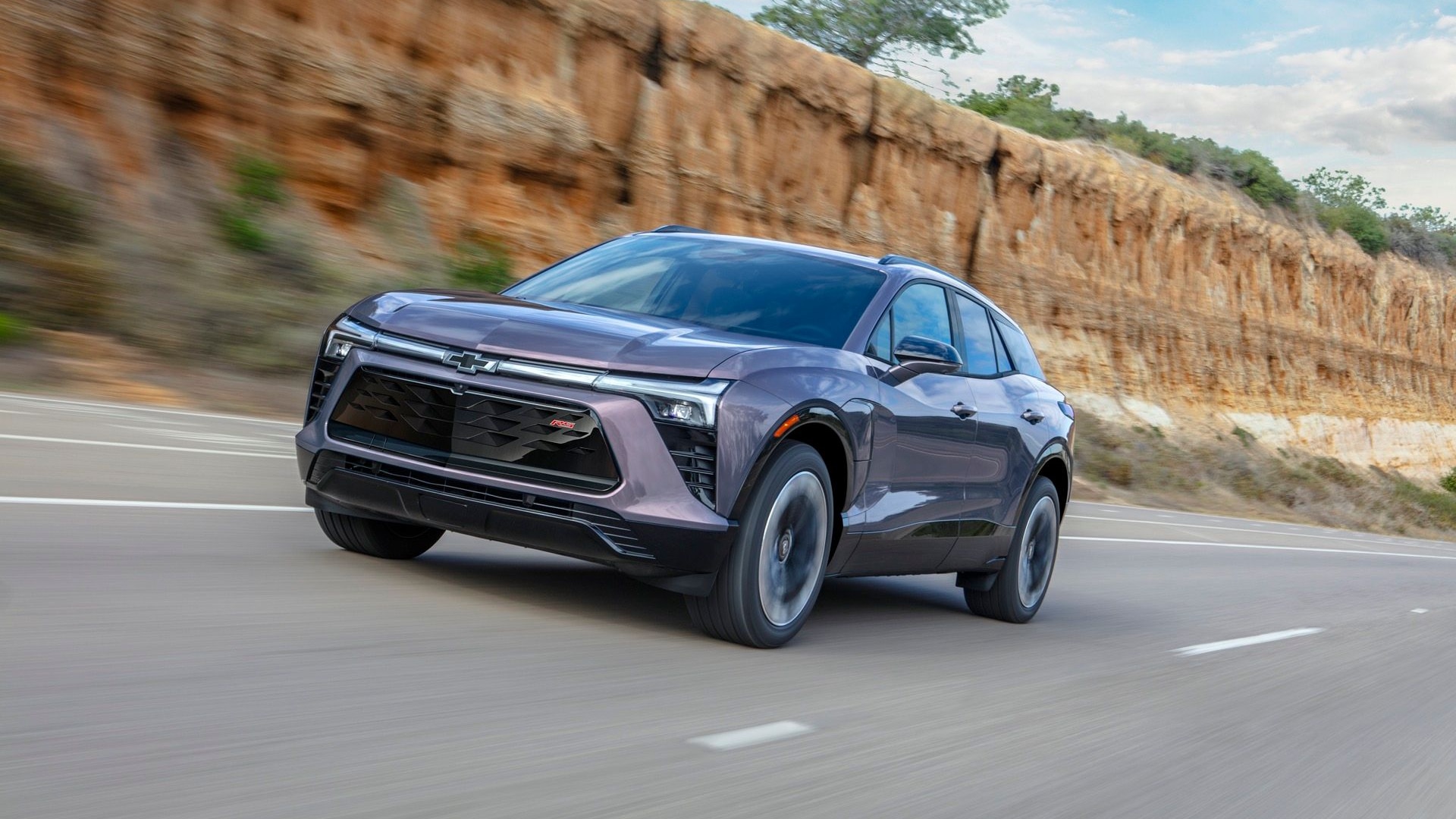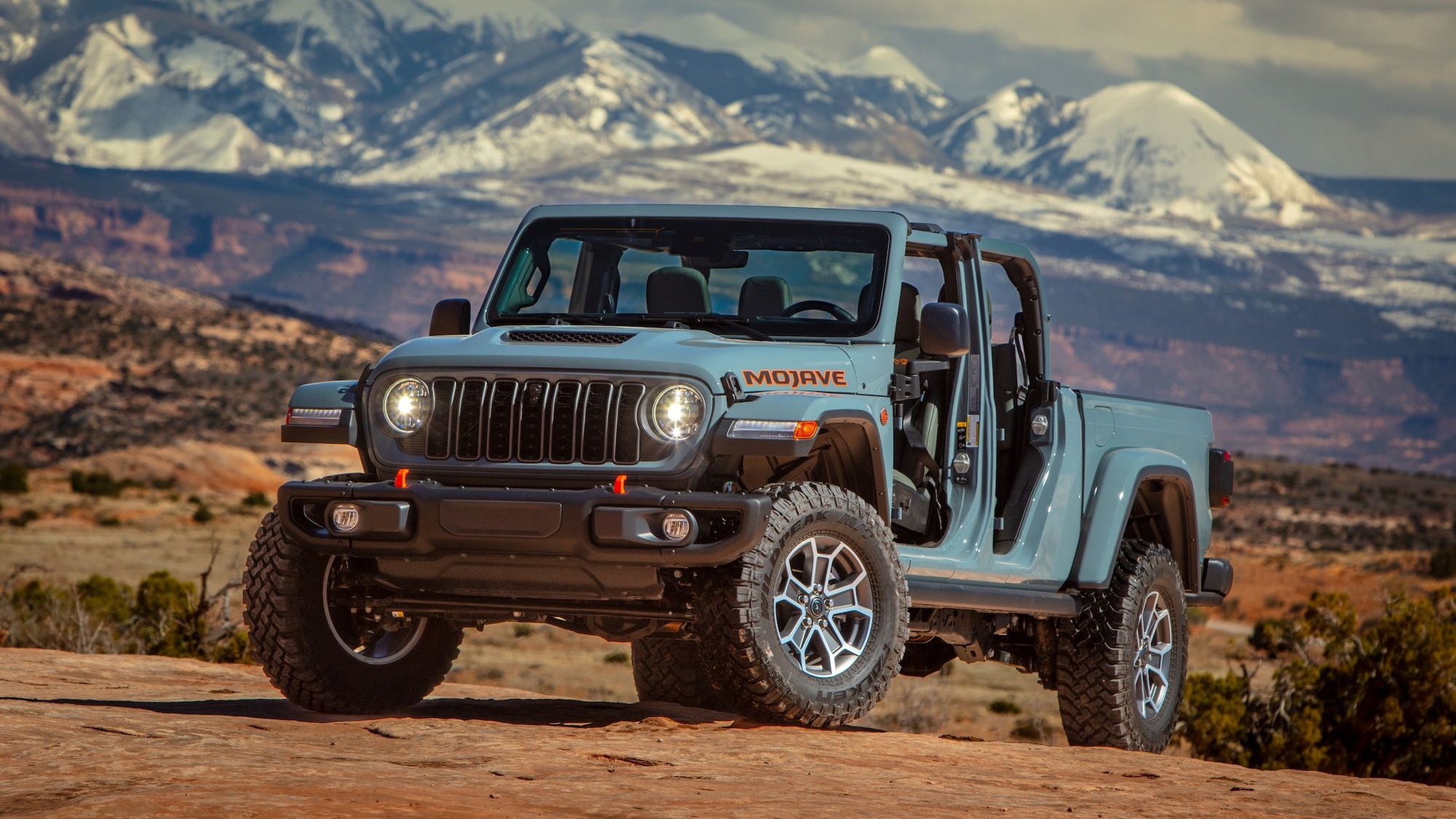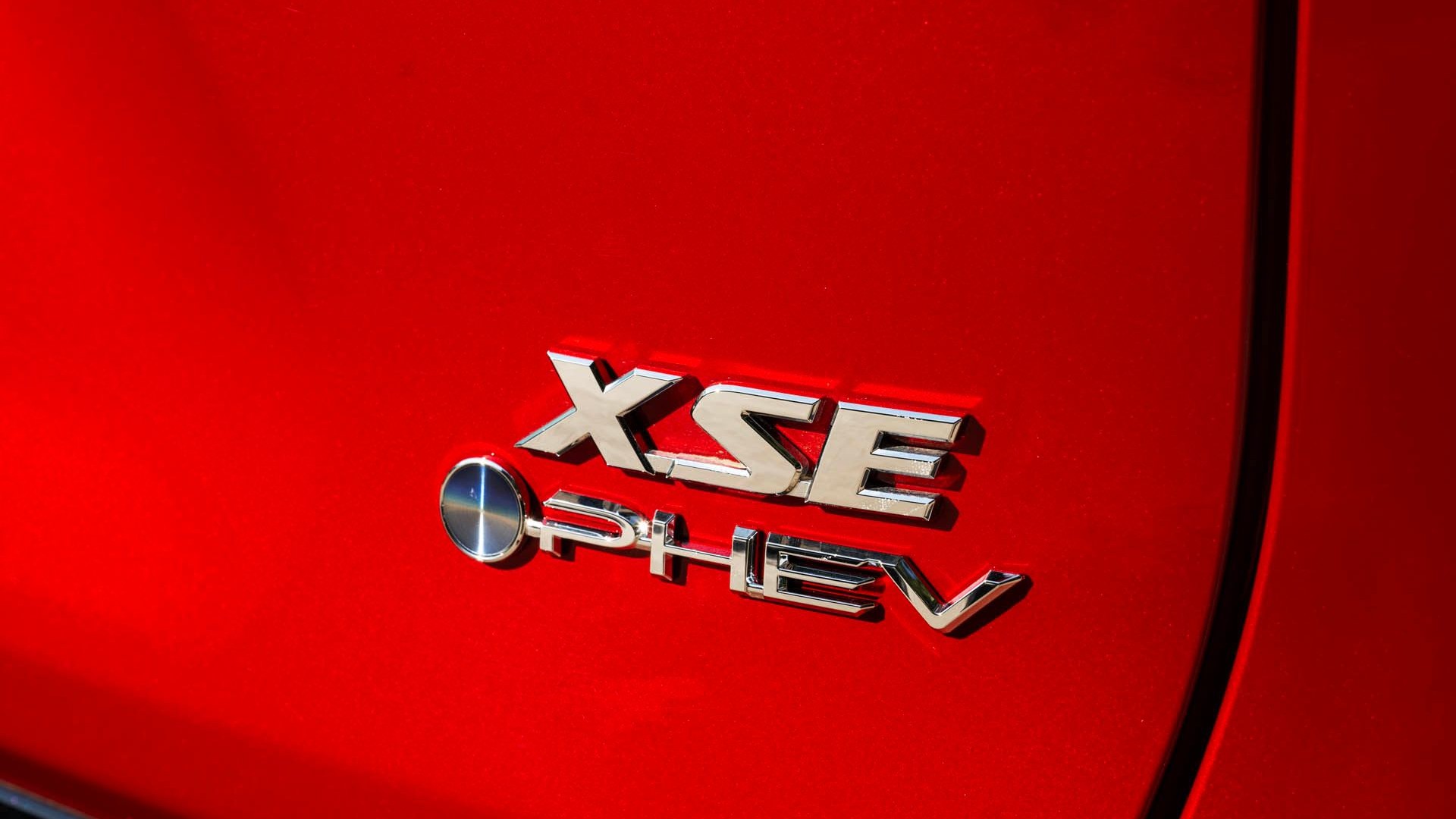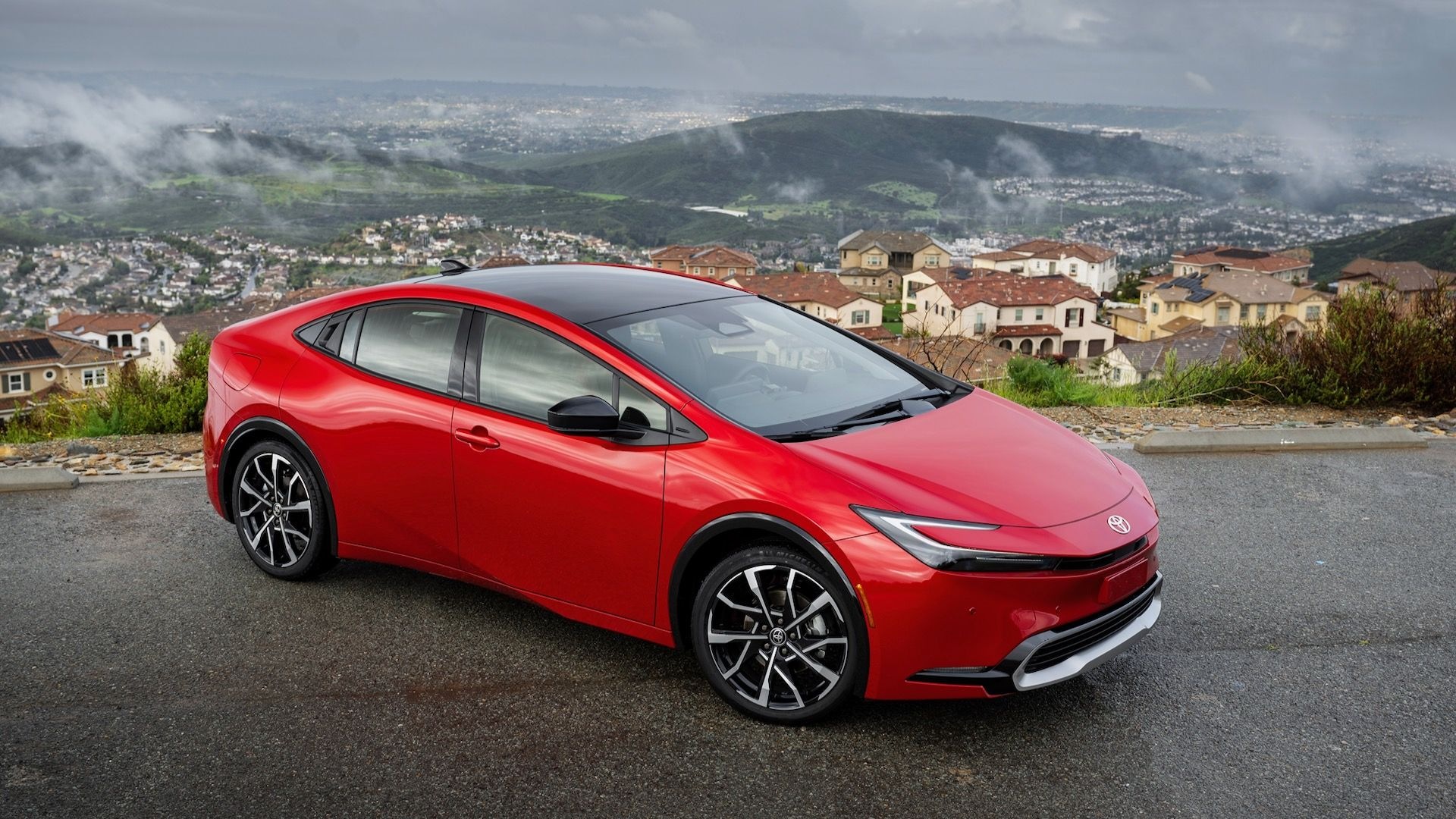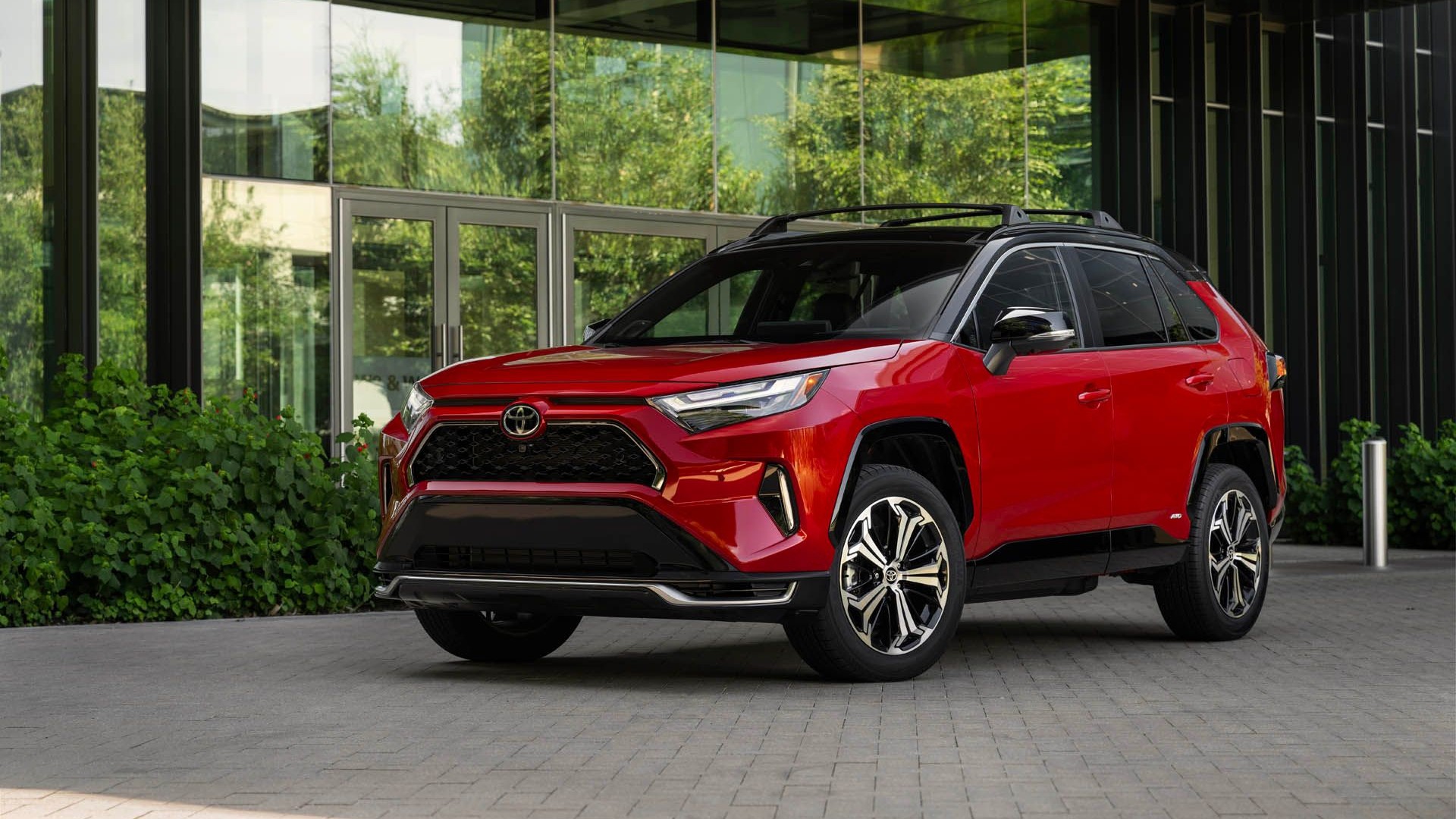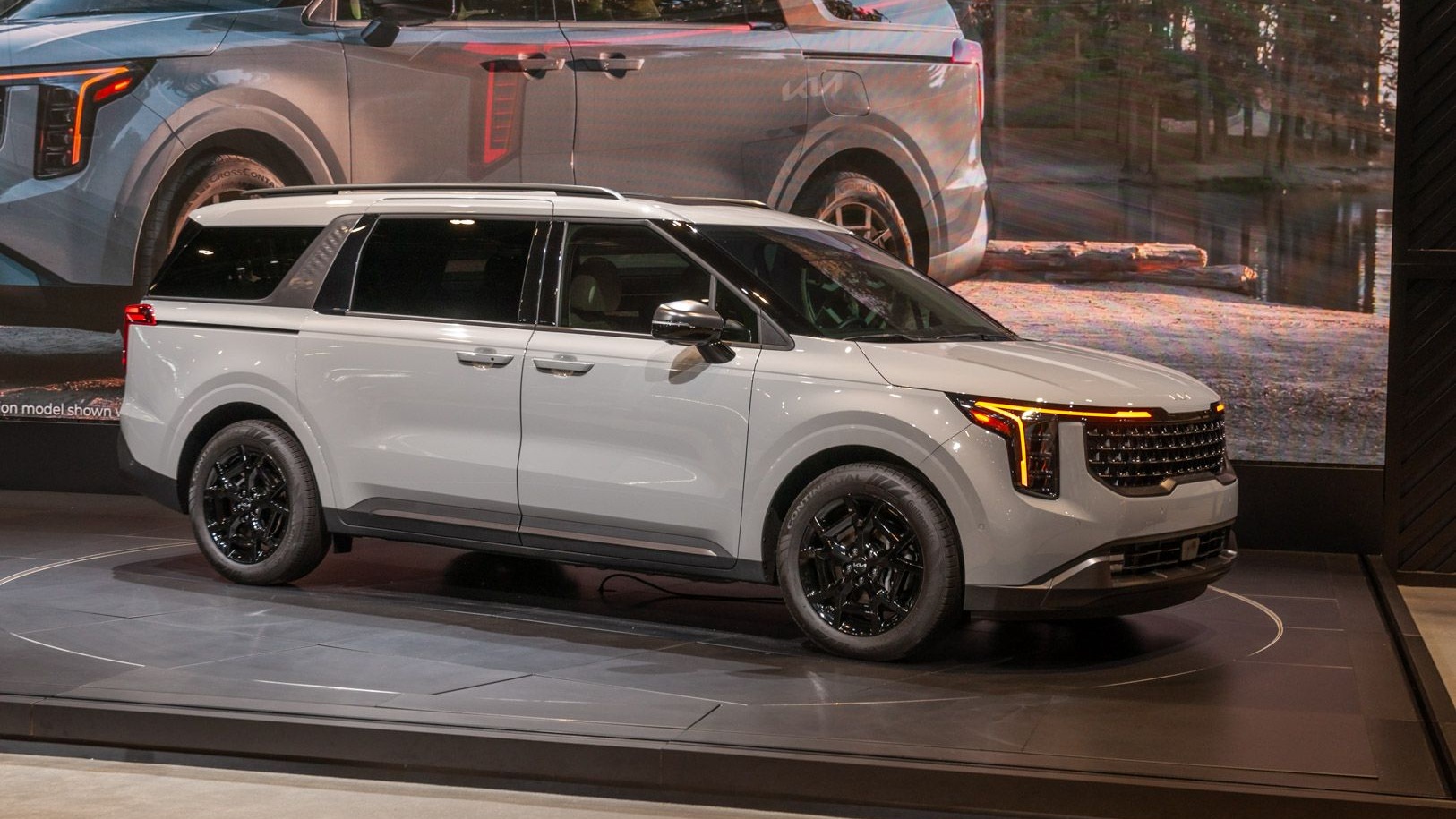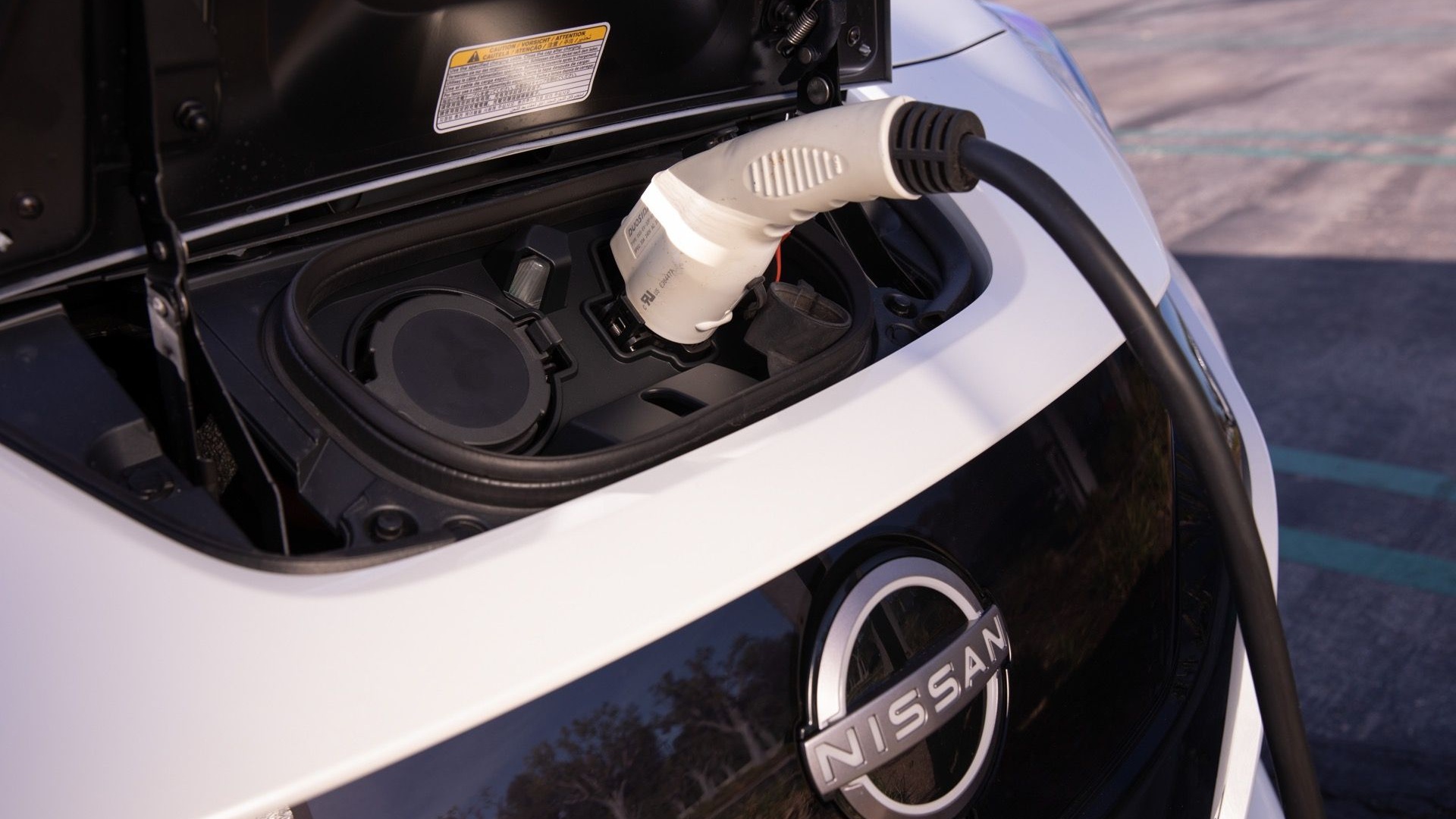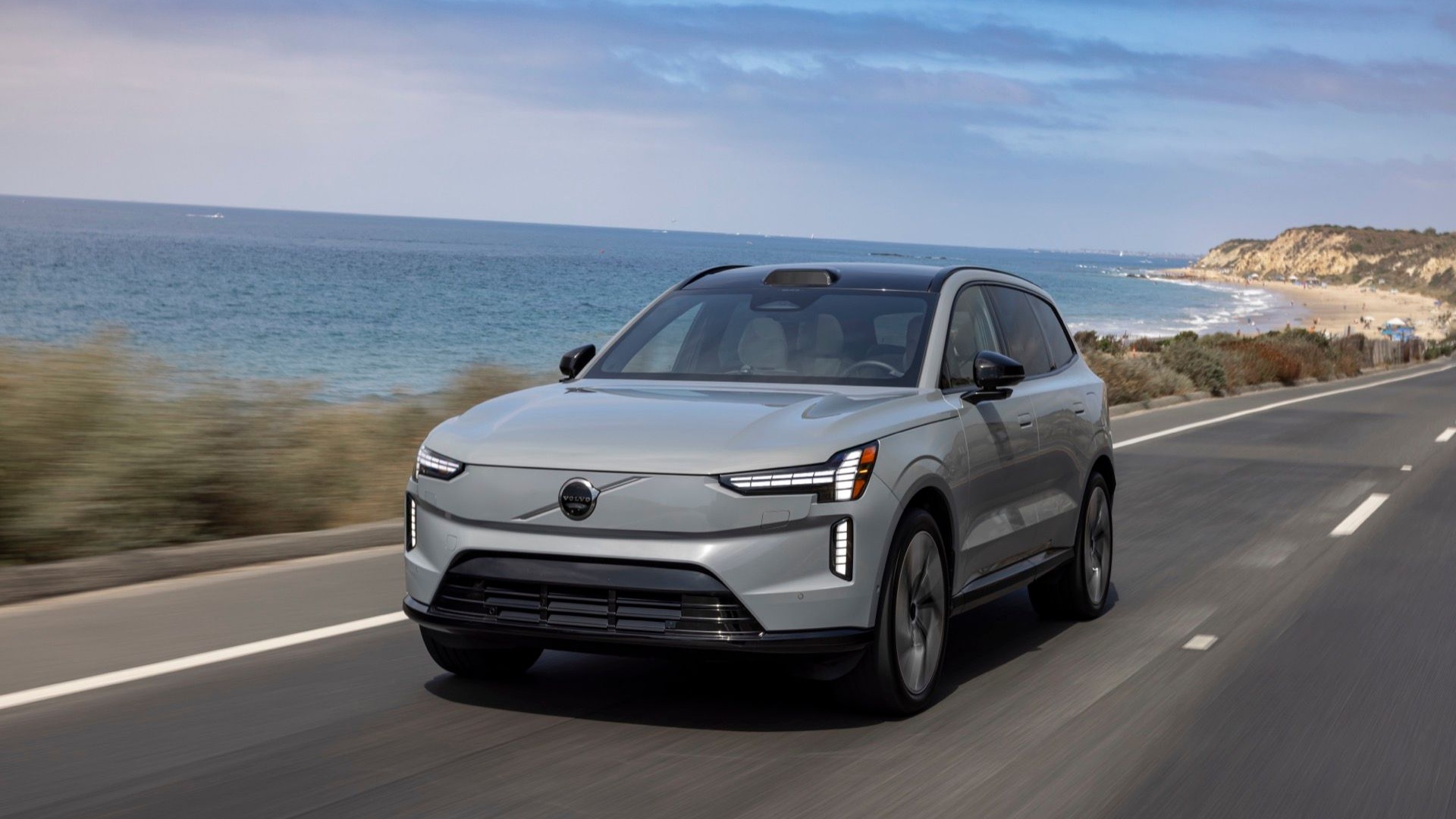- California residents can qualify for an incentive of up to $14,000 for EVs and charging hardware
- Some incentives depend on scrapping an older vehicle
- The state wants all new vehicles sold there to have charge ports by 2035
California is introducing a new EV incentive program to give up to $14,000 to low-income shoppers.
First spotted by CarsDirect, the Driving Clean Assistance Program (DCAP) is available for California residents with income at or below 300% of the Federal Poverty Level and have not previously participated in other incentive programs. Like those other programs, DCAP is overseen by the California Air Resources Board (CARB), the regulatory agency also responsible for California's emissions standards.

2024 Hyundai Kona Electric
DCAP offers a maximum purchase or lease incentive of $12,000 for shoppers who live in disadvantaged communities and also plan to scrap an older vehicle when trading in, plus a $2,000 charging incentive. Shoppers must apply for the program before purchasing or leasing an EV, however.
Those not living in disadvantaged communities qualify for a $10,000 purchase incentive, while those not scrapping an older vehicle can get up to $7,500. The $2,000 charging incentive remains the same in both cases, though.
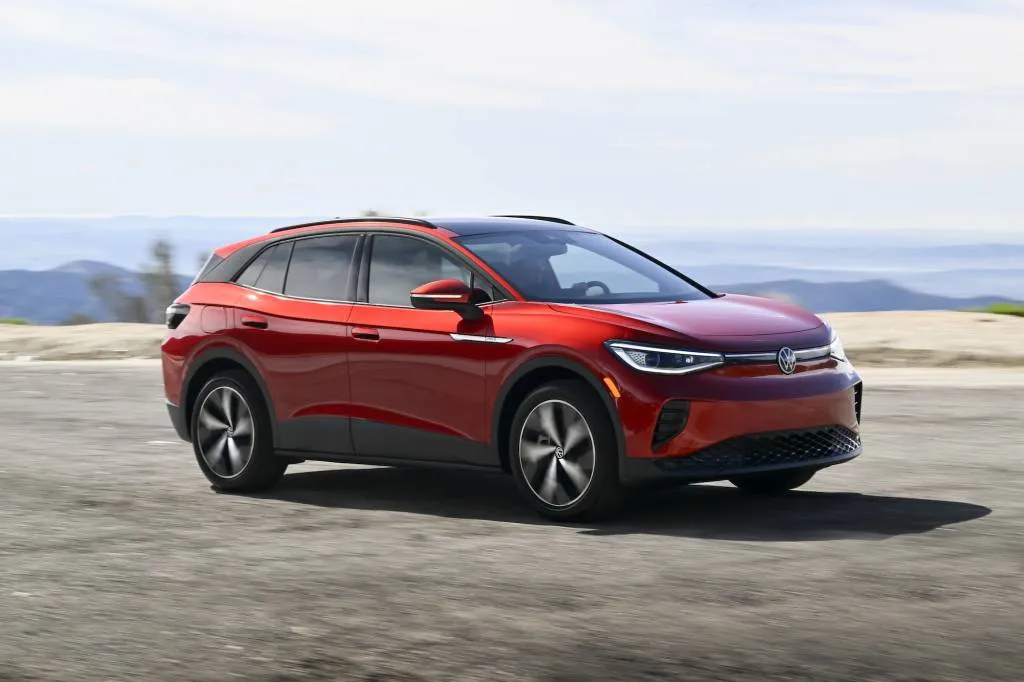
2025 Volkswagen ID.4
California has been working to pivot EV incentive to lower-income drivers since last year, when it expanded the Clean Cars 4 All program statewide as a replacement for the previous Clean Vehicle Rebate Project (CVRP). Clean Cars 4 All incorporates incentives for hybrids and plug-in hybrids as well as EVs, but includes more restrictive limits than the DCAP program, according to CarsDirect.
As of 2023, one of four new vehicles in California was an EV or plug-in hybrid. That puts California well ahead of other states, but still means it has a long way to go to meet a goal of making all new vehicles have charge ports by 2035. Incentives aimed at low-income drivers will likely be part of the solution, and so might incentives targeting so-called "gasoline superusers," who burn an outsized amount of fuel.
